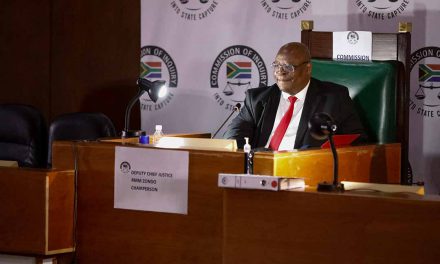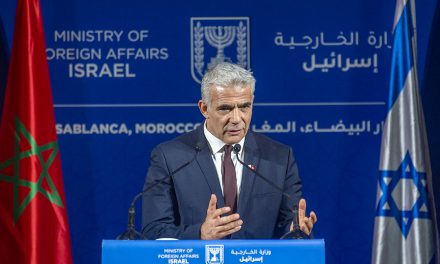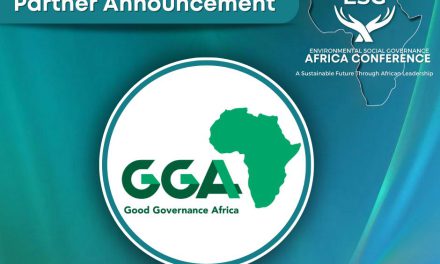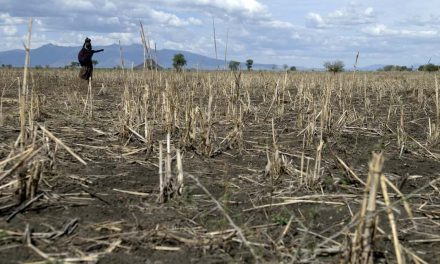Election Campaign Concerns
- Deputy Secretary General for ACT-Wazalendo for Zanzibar, Nassor Ahmed, reportedly went missing for 5 hours on Sunday (25th October) after his vehicle was hit by an unmarked car which then took him away.
- Leaders of ACT-Wazalendo in Zanzibar led by their Islands’ presidential candidate, Maalim Seif Sharif Hamad, warned that they will only accept defeat if Wednesday’s polls are transparent, without any element of rigging. Meanwhile, Commissioner of Police (CP) Zanzibar Mohamed Haji warned that stability and peace will not be compromised, adding that any violator would meet the full wrath of the police.
Election Observers Participation
- Tanzania’s opposition parties claim the government has made it difficult to accredit thousands of opposition electoral observers who want to ensure the vote is fair. The ACT-Wazalendo warned that the issue could lead to violence, as polling stations won’t be allowed to operate without the observers.
National Electoral Commission Partiality
- The leader of Tanzania’s main opposition party accused the electoral commission of tampering with voter lists ahead of Wednesday’s general elections. “There’s massive (biometric voter registration) manipulation. Millions of ghost voters and polling stations,” Freeman Mbowe, chairman of the CHADEMA party, wrote on Twitter.
Voter’s Roll Abuse
- Zitto Kabwe, leader of ACT-Wazalendo, claimed voters had been added to his constituency in the western city of Kigoma. “In my constituency, some 13,830 ghost voters have been added in the list. Some national service soldiers and students have been prepared to vote through these names,” he claimed on Twitter.
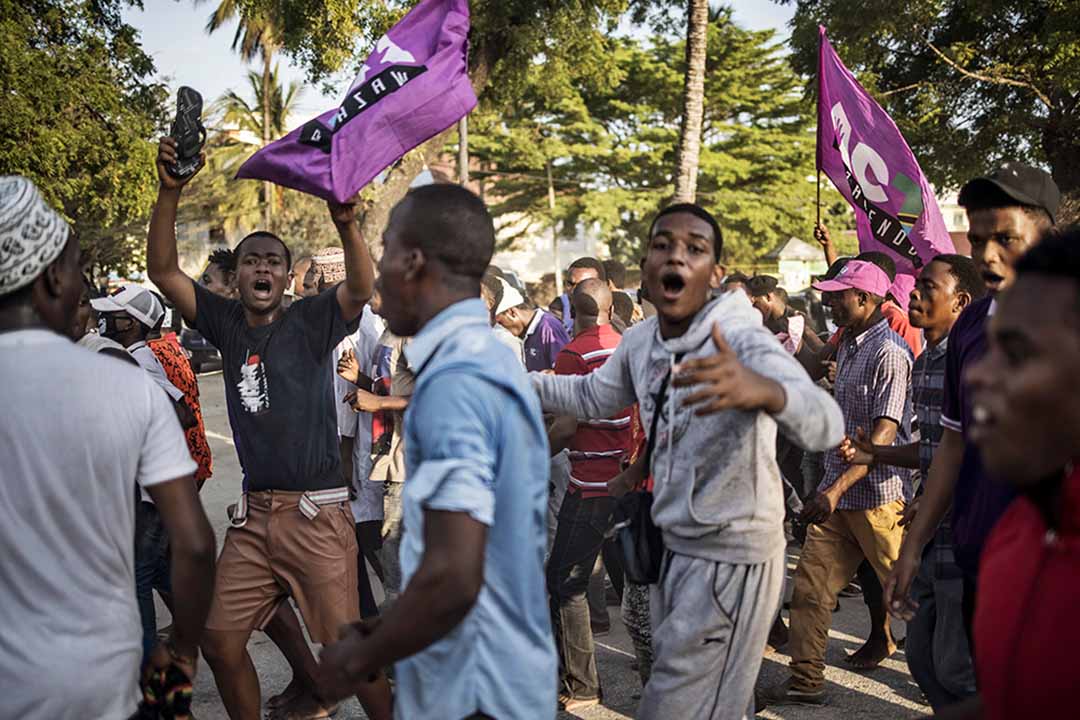
Supporters of the Tanzanian opposition political party The Alliance for Change and Transparency (Wazalendo) demonstrate at the end of the last campaign rally in Stone Town, on October 25, 2020, ahead of the national elections. – Tanzanians will go to the polls on October 28, 2020 to elect a president, deputies and local councillors after five years of John Magufuli’s regime, marked by a crackdown on political opponents in a country once viewed as a beacon of stability in East Africa. (Photo by MARCO LONGARI / AFP)
Security Concerns
- Islamist State militants attacked a Tanzanian village on the border of Cabo Delgado, Mozambique. The raid was in the village of Kitaya, in Mtwara province of Tanzania. 20 people were allegedly beheaded, houses were razed, an armoured vehicle was destroyed, and cash and military equipment was stolen. Three Tanzanian soldiers were also killed. Local news agencies did not report on the attack and President Magufuli is yet to acknowledge the attack on his home soil. Initial media reports claimed it was a case of electoral violence.
International Stakeholders
- Since 13th October 2020, the Southern African Development Community (SADC) has undertaken a series of virtual engagements with key electoral stakeholders in preparation for the General Elections in the United Republic of Tanzania to be held on 28 October 2020. These engagements, in this Member State, follow the decision taken during the Extraordinary Meeting of the Ministerial Committee of the Organ (MCO) on Politics, Defence and Security Cooperation, held on 15 September 2020, not to deploy a physical SADC Electoral Observation Mission (SEOM) to the United Republic of Tanzania due to the challenges posed by the COVID-19 pandemic.
- US Congress Resolution has urged the government of Tanzania to respect human rights and constitutional rights and ensure free and fair elections in the Wednesday 28th October 2020 poll. The resolution acknowledged that the government has interfered with political campaigning, restricted media freedoms, undermined the collection and dissemination of national statistics, limited civil society involvement and placed the citizens at risk of contracting COVID-19 due to the denial by the state of its existence.
- The European Union reiterated its support of the development and prosperity of the people of Tanzania and, in line with Article 4 of the Southern Africa Development Community treaty establishing the principles of human rights, democracy and the rule of law, reaffirmed its attachment to the process towards the consolidation of democratic institutions. Reports of incidents and limitations in the run-up to the elections are of concern. The EU encourages all parties to work together diligently to enable inclusive, transparent, peaceful and credible elections.




